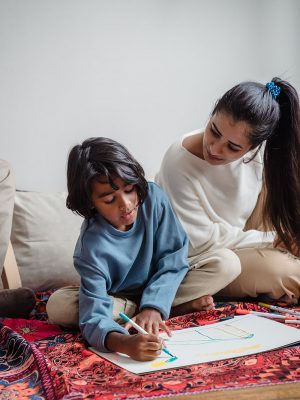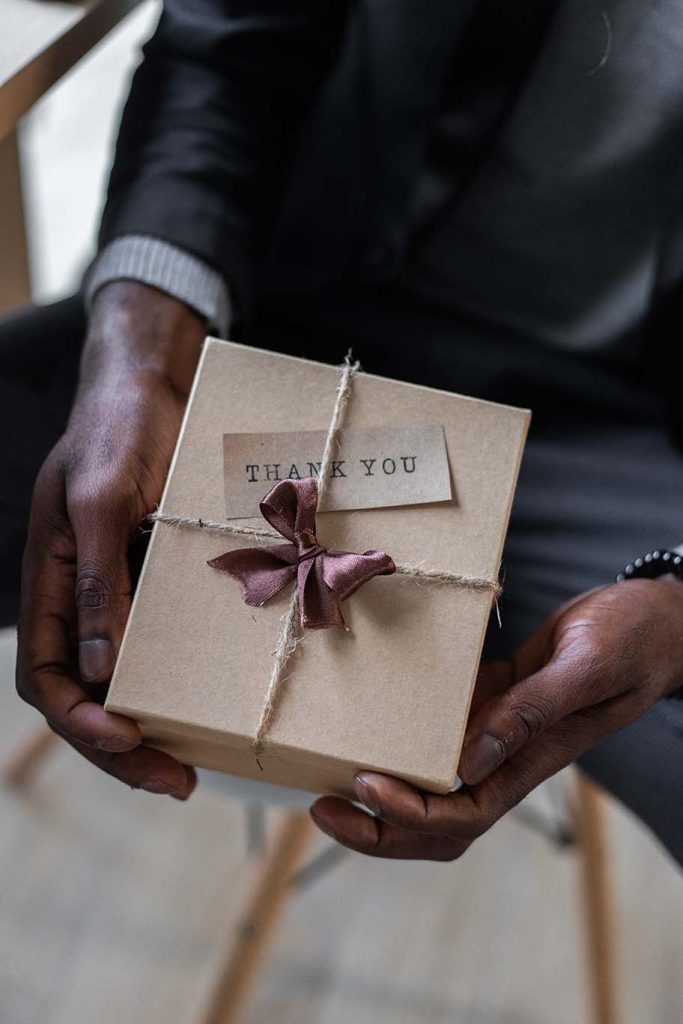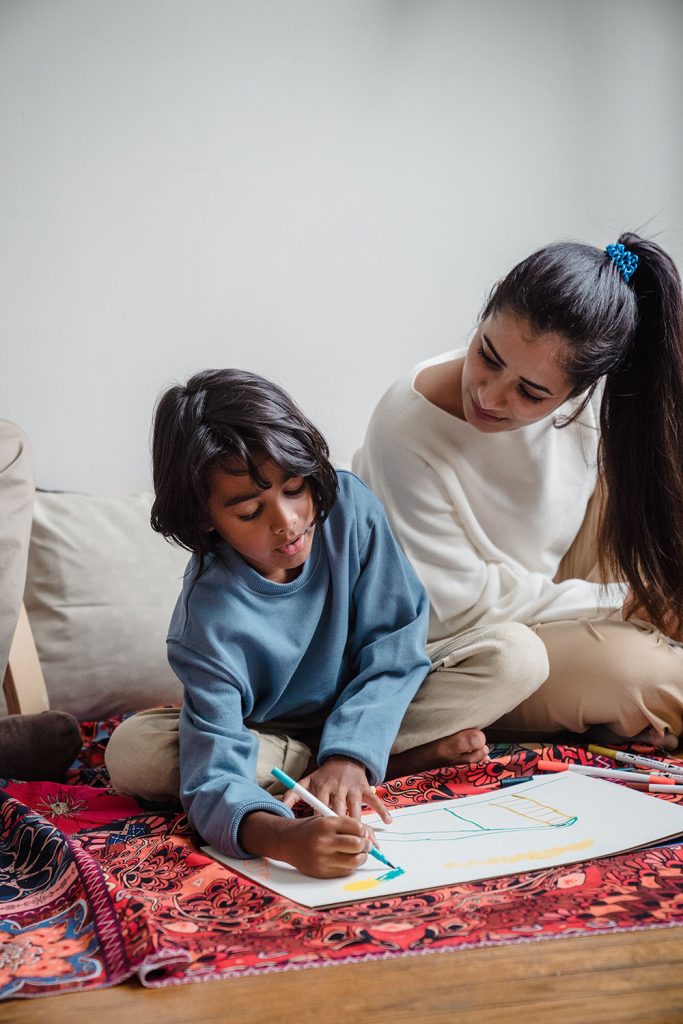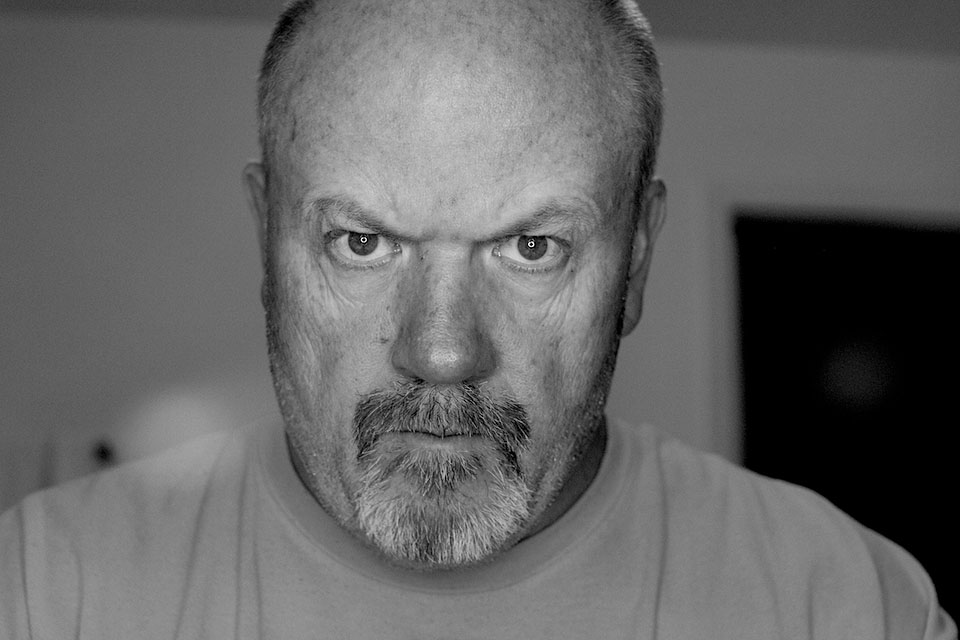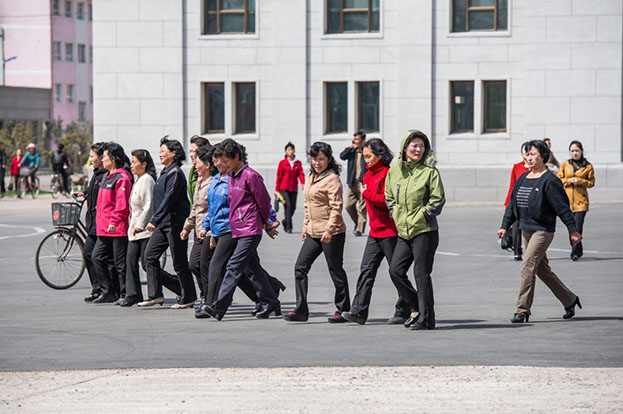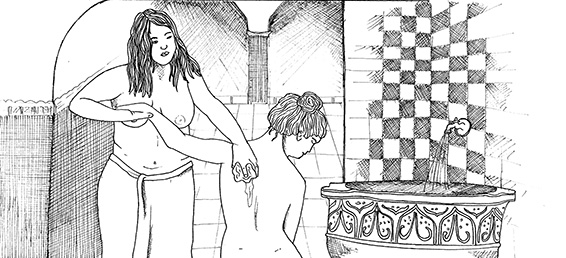I Asked My Son to Address Me Using Vous *
A Belgian mother of Indian descent explores her bicultural background
The Experience
“In India we address our parents formally. Even though I grew up in Belgium, I was also formal with my parents who are Indian, even while speaking French. I would address my father formally (he would do so as well with me, including in French, but that was his thing). My eldest son is 9 years old. He has always lived in India but he studies at the French school. He has always spoken to me using a familiar form of you, but this year I have asked him to address me formally, using the vous* form because I found he was not showing me enough respect. Since then, I feel like it has shifted something in his head. I think when he talks to me using the vous he puts himself back into an Indian mentality that is more respectful of elders.
I think that when one changes language, one switches to that language’s thought system. If I want to explain an Indian concept to my son, I explain it to him in Hindi, for a French concept, I speak to him in French.
At his French school I often hear people say ‘Personally, I…’ ** and I can see that it has an influence on my son. When talking, he uses ‘me’ more often than ‘us’. And that would be the drawback of French schools: this individualistic cultural trait influenced my son greatly, that has pros and cons. In collectivist cultures, everyone is part of the same group. If you invite friends at home for example, they are everyone’s friends. Sometimes, when we invite one of my son’s French friends, he does not want to play with his little brother. We think it is very strange. I believe that, in a collectivist culture, the meaning of the word ‘friend’ is much broader than in an individualistic culture. Once, I heard this friend say: ‘The people in my class are not my friends but my schoolmates’. A French mum also explained to me: ‘We cannot be everybody’s friend, but we can respect everybody’. I obviously agree that there are several levels of friendship! We are closer to some people. But I believe that in primary school we must learn (how) to get along with everybody, all kinds of people, and I’m not afraid to say that we should be ‘everybody’s friend’.
I can see my son hesitating between these two ways of looking at friendship. I know that he needs to find who he is. The asset of being in an intercultural environment is that we can take the best of each culture. Personally, I’m trying to pass on to him our family’s culture, part Indian, and I hope that he won’t lose this collectivist culture’s influence.”
* vous is a formal you, a way to address someone respectfully or unknown, in French
** From French “Moi, je…” which would literally translate as “Myself/me, I…”
Who's Telling the Story?
Pooja, is Belgian and Indian. She is married to an Indian man from Delhi where she has been living with her family for 10 years now. Before, she was living in Belgium until the age of 27.
Spontaneous, genuine and talkative, Pooja is a Vastu (Indian Feng Shui) consultant and runs a craft factory outside Delhi.
Place : Dehli, India
Date : 2020
What do You Think?

Have you ever been surprised to see the way people address or talk to each other in other cultures?
This experience questions you?
Come and discuss it with us at one of our gatherings!


